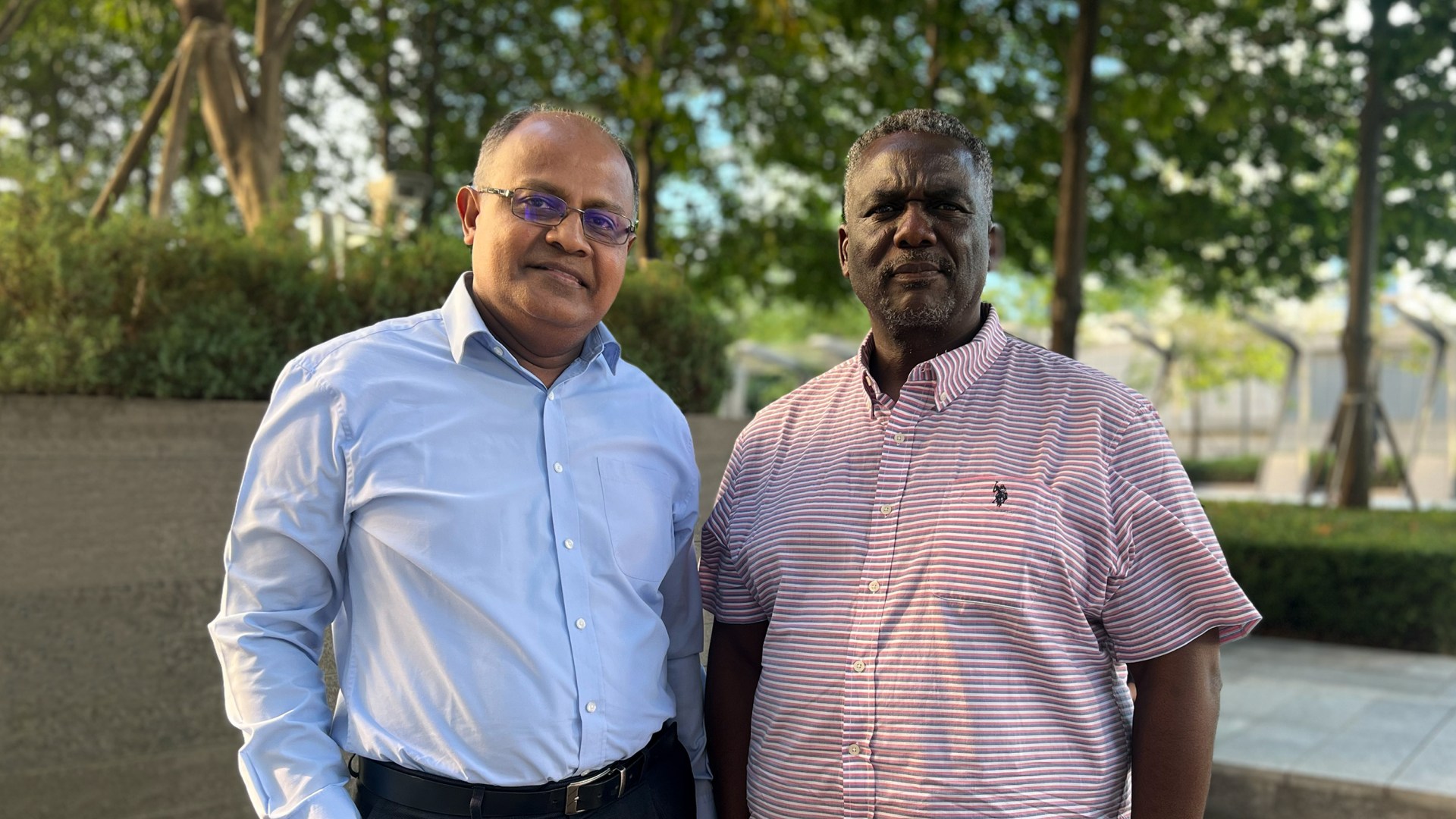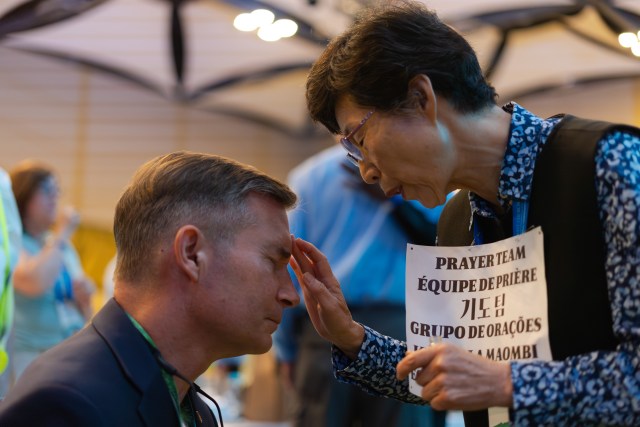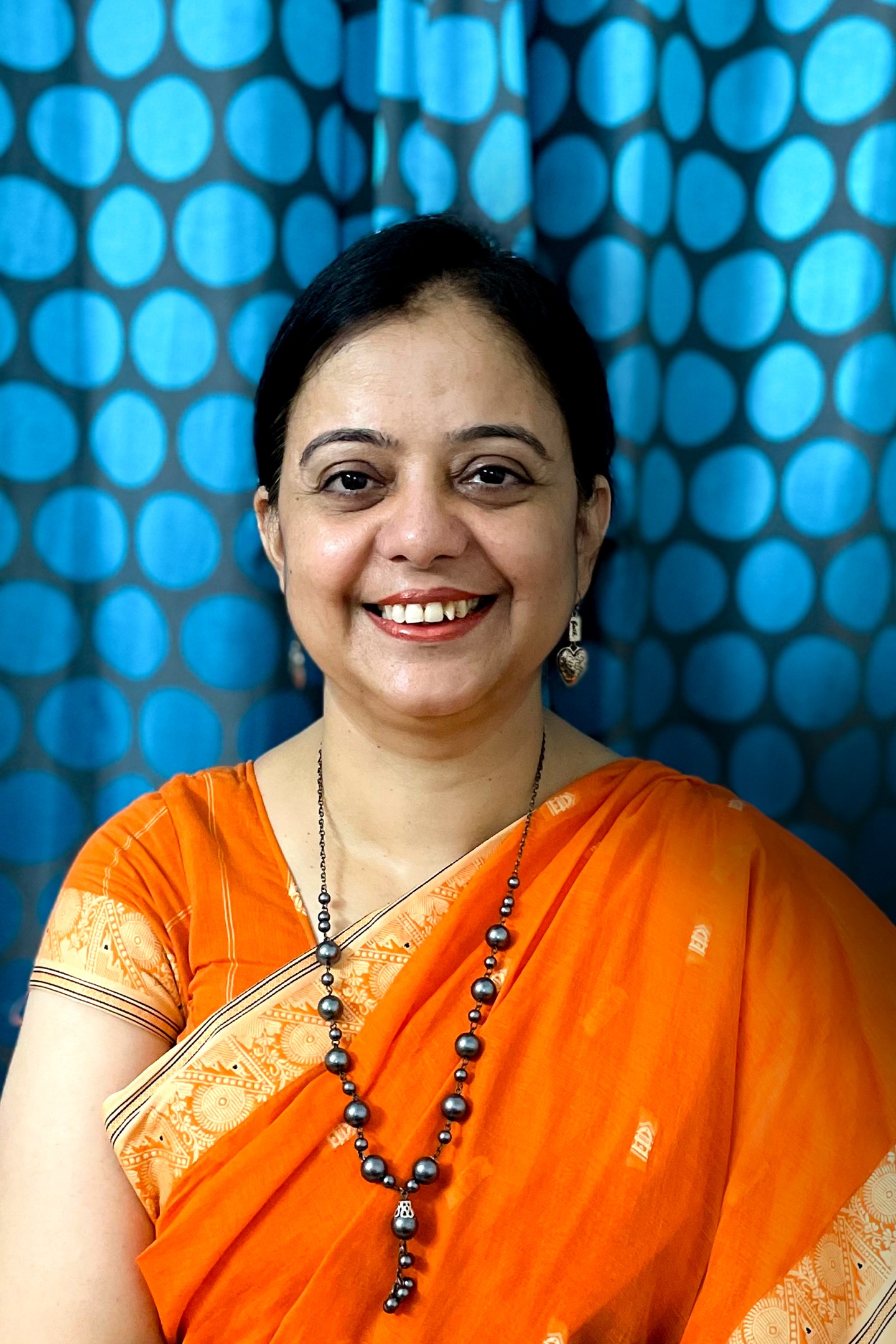Devastating hundreds of miles from the Florida Gulf Coast to Georgia to the mountains of North Carolina, Hurricane Helene has created a complicated equation for Christian organizations that are on the frontline of disaster response.
“In my more than 20 years of disaster experience, I can’t think of a time when such a large area was at risk,” Jeff Jellets, the disaster coordinator for The Salvation Army’s work in the South, said in a statement.
Samaritan’s Purse chief operating officer Edward Graham told CT that the organization had to call in equipment and volunteers from its Canadian arm for its hurricane response and even had to adjust some of its overseas work. Just for this disaster, Samaritan’s Purse is operating in Florida, Georgia, and North Carolina.
“We’re running at max capacity for our domestic response,” Graham said. But he added, “Logistically, God has given us the resources and the talent to navigate.”
Still, Christian relief organizations—partnered with local churches—were working on bringing help to the most difficult-to-reach places. In western North Carolina, where record-setting flooding destroyed roads and other infrastructure, mountain communities, including the city of Asheville, were difficult to access.
On Monday, Samaritan’s Purse was setting up an emergency field hospital in North Carolina’s Avery County, a rural area in the Appalachians where search and rescue teams were conducting operations in mountain towns and remote valleys.
The field hospital will function as an emergency room alongside the local hospital in anticipation of an influx of patients from rescue operations. More than 100 have died in the storm.
Graham also said a Samaritan’s Purse helicopter dropped food and water to stranded students at Lees McRae College in the mountains of North Carolina. He said he alerted the North Carolina National Guard that the school would need Chinook helicopter evacuations, and the military airlifted students out on Sunday.
The disaster had engulfed Samaritan’s Purse’s own headquarters in Boone, North Carolina, and its staff were reeling from losing homes in the storm.
The disaster also hit personally for the Graham family in Montreat, North Carolina, where evangelist Billy Graham raised his children. Edward Graham, Billy Graham’s grandson, serves on the board of Montreat College, a Christian college in the same area which also suffered significant damage. Graham said he didn’t know the state of the family home, but he couldn’t give that his attention: “My grandfather lives in heaven.”
“It’s not that there is a lack of supplies and desire to help,” said Amanda Held Opelt, an author and songwriter who worked for Samaritan’s Purse for a decade. She lives in a rural area near Boone called Meat Camp and has family in the surrounding Appalachian hollers.
The only road into Meat Camp is gone, and Opelt knows a pregnant woman who is due soon and stranded. “What we need is a thousand engineers with bridge-building capabilities to get here,” she said.
Graham noted that flooding in a flat plain is one thing, but they were seeing “the power of water in a valley.”
Opelt noted the resilience of people in Appalachia and the small local churches there, cut off from the world but checking on each other and bringing water for the sick and elderly. She was able to navigate into the small Appalachian community of Bakersville, North Carolina, to check on her two aunts.
“They were sitting there eating saltines and vegetables from their garden and washing their bloomers in the creek,” she said. “I started crying when I saw them.”
The most extensive death and destruction is in North Carolina, but communities in Tennessee, Georgia, and Florida are also dealing with destroyed homes and infrastructure.
After the storm, some churches in heavily hit areas met outside to worship on Sunday, locals reported. But some church members and leaders couldn’t communicate with each other at all because of compromised cell service. And others focused on distributing water and food from their properties, which became natural community gathering points.
The Salvation Army quickly deployed 14 mobile units to provide thousands of meals in Florida and Georgia.
Send Relief, the disaster response arm of the Southern Baptist Convention, has 23 response sites set up in six states to respond to Helene, providing food and organizing debris removal and hot showers.
Convoy of Hope, a faith-based disaster response organization that partners with local churches, arrived with supplies in Perry, Florida, on Sunday. Three hurricanes have hit Perry in the last year. The organization was sending supplies on Monday to Morganton, North Carolina; Tampa Bay, Florida; and Augusta, Georgia.
Local organizations and churches have gotten to work as well. Baptist churches in western North Carolina were distributing water, the biggest need in the area.
Evangelical climate scientists warn that local churches and relief organizations will have to adjust to a new normal of these types of super-charged weather events in unexpected places.
Jessica Moerman is a climate scientist and the CEO of the Evangelical Environmental Network. She’s also from Knoxville, Tennessee, near the areas devastated. Her family members lost a home in the 2016 wildfire in nearby Gatlinburg.
“What we’ve seen over the last few years is that we’re just in a new normal,” she said. “We’re seeing it across the Southeast and across Appalachia—small towns saying, ‘This is like nothing we’ve seen before.’”
Moerman explained how seawater warming due to climate change made these storms worse. With Helene, warmer gulf waters meant the storm held more water in the atmosphere and had the strength to go further inland and dump historic rain on western North Carolina—a place so far inland that few would expect it to be vulnerable to hurricanes.
The warm seawater is “rocket fuel that makes these storms stronger and more intense,” she said. “The hurricane has so much more energy, it can travel farther … It’s really, really heartbreaking.”
Christian disaster relief organizations will have to prepare for a situation “where we are expecting worse storms than we’ve ever experienced in the past and expecting to experience them again.”
Organizations responding now are focused on people are still missing from the storm, and staff noted that first responders in these areas are still having issues with communication and are battling their own fatigue.
Graham said Samaritan’s Purse would stay in the disaster areas for the duration.
“This is going to be a very long recovery,” he said. “We do not leave the community till it’s done.”
































































